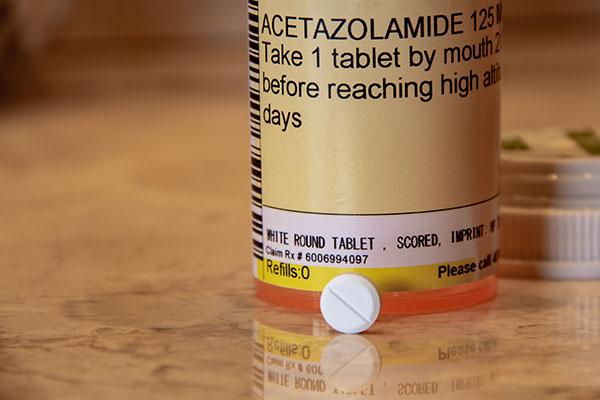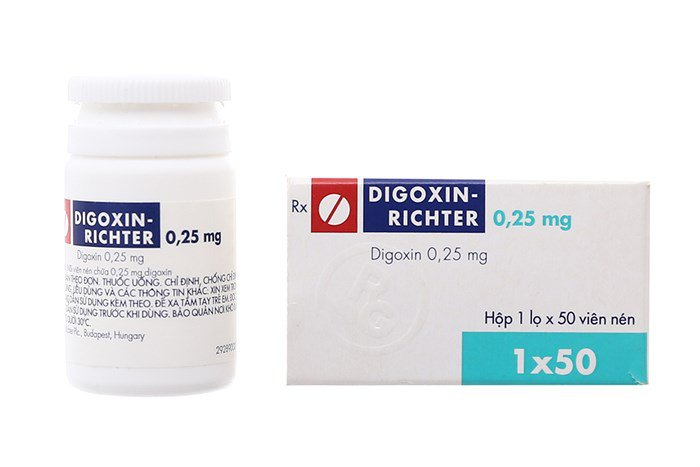Interactions

When combined with Farxiga, drugs that interact with it either lessen its effect, shorten its duration of action, exacerbate side effects, or have no effect at all. Even though it is not always necessary to stop taking one of the drugs, sometimes there is an interaction between two drugs. Consult your doctor to learn how to handle drug interactions.
The following are typical drugs that may interact with Farxiga:
- acetazolamide
- anticonvulsants such as phenytoin or phenobarbital
- antipsychotics, such as aripiprazole or clozapine
- ARBs such as valsartan
- beta-blockers, such as atenolol, labetalol, and metoprolol, may enhance the hypoglycemic effects
- ciprofloxacin or gatifloxacin
- corticosteroids, such as prednisone or cortisone
- digoxin
- diuretics, such as bumetanide, HCTZ, and bendroflumethiazide, which may enhance the potential for volume depletion
- HIV medications, such as amprenavir, atazanavir, fosamprenavir, and ritonavir
- hormones, such as ethinylestradiol and hydroxyprogesterone
- insulin (may increase risk of hypoglycemia)
- isoniazid
- NSAIDs, such as mefenamic acid
- rifampin
- other medications that affect blood sugar levels or are used for diabetes, such as glimepiride, or metformin.
Urine glucose tests should not be used to monitor glucose control in people taking SGLT2 inhibitors like Farxiga because they increase urinary glucose excretion and cause positive urine glucose tests. Alternative glucose control methods should be used. Interference with 1,5-AG assays is also possible.
Please keep in mind that this list is not exhaustive and only includes common medications that may interact with Farxiga. For a complete list of interactions, consult the Farxiga prescribing information.








